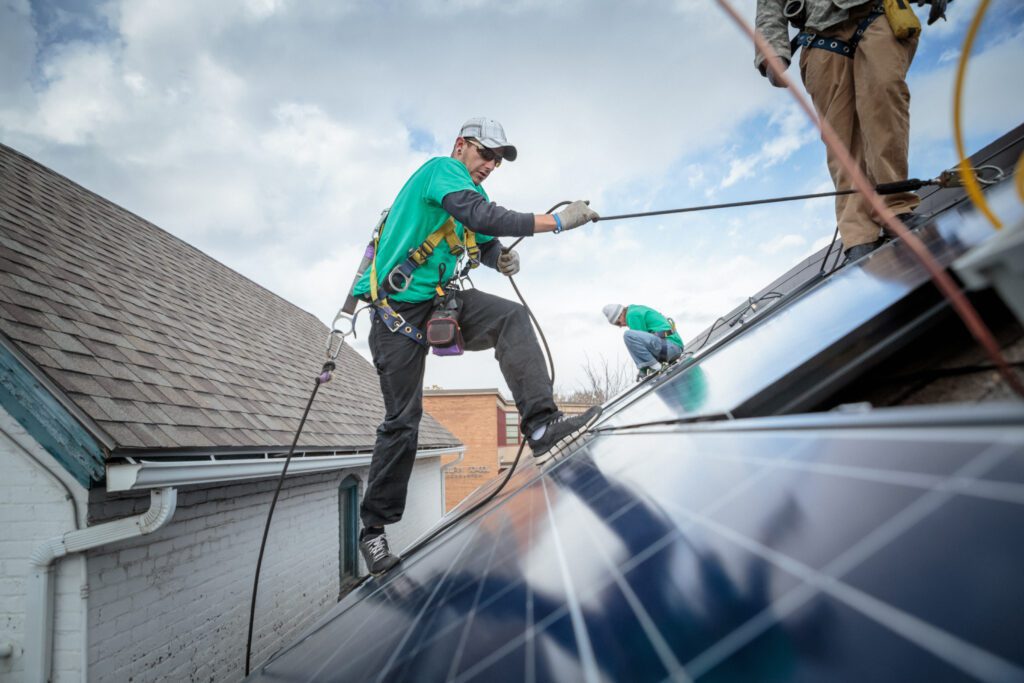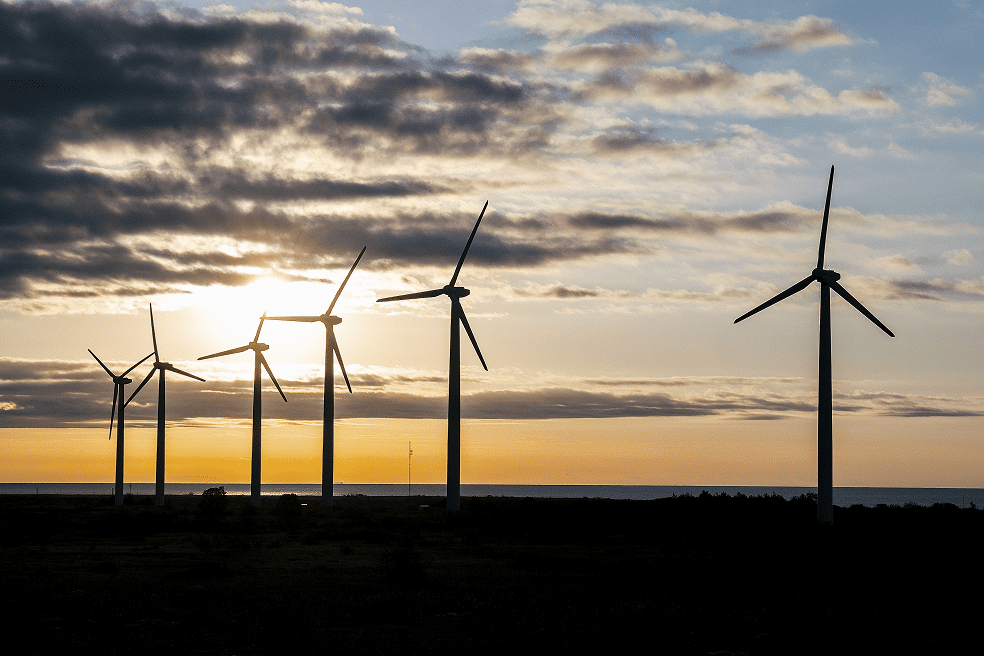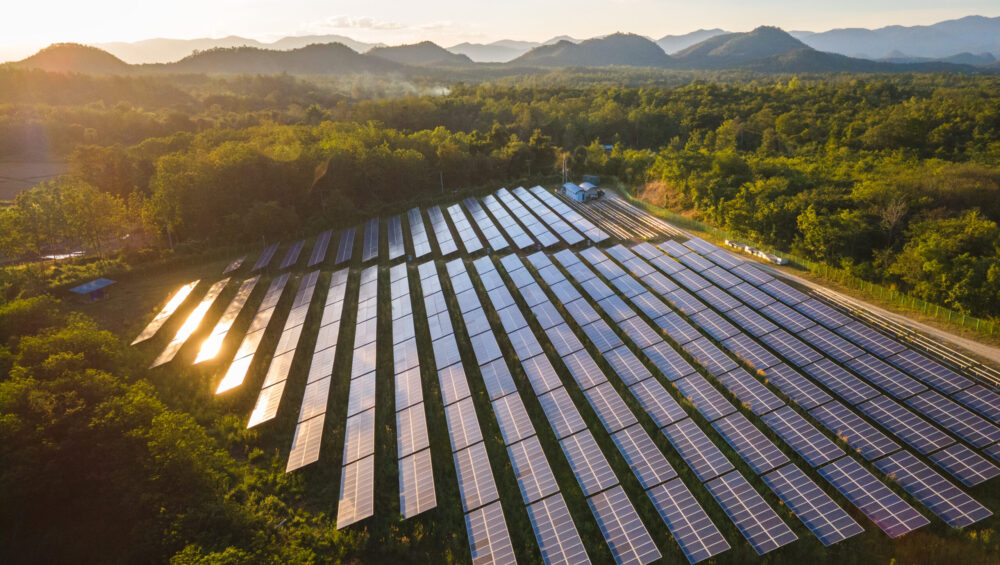The climate picture painted by much of the media makes it easy to be pessimistic. Fortunately it’s not all bad news. According to the Clean Energy Regulator (CER), in 2021 Australia set a new record for renewable energy investments for the fifth year in a row. Last year (2021) 380,000 new solar panels with a combined capacity of 3.2 gigawatts were installed, which means that more than one in four Australian households are now generating power from their roofs. Such encouraging developments takes the country a step closer to achieving the goal of sustainable energy. Here is how Australia is championing Net-Zero targets:
Embracing New Normal with Innovation
It’s not just weather patterns that are changing. The way we use energy is also undergoing a rapid transformation, which places infrastructure under pressure.
Take remote working, which is becoming the norm for companies interested in managing costs and increasing flexibility. One of the unintended consequences of this explosion in home office workers, is a surge in consumption in areas that were not previously known for business. Coupled with aging grid structures, rising demand is likely to increase the frequency and duration of power outages.
The question is, how can we address this new normal? Clearly, innovative and affordable new solutions will be needed to keep society running smoothly, reliably and above all, sustainably.

Addressing Challenges with Locals in Mind is key for achieving Net-Zero
Australia’s Minister for Industry, Energy and Emissions Reduction, Angus Taylor, offered some answers at the recent International Energy Agency (IEA) 2022 Ministerial Meeting. Notably, he reaffirmed Australia’s commitment to delivering affordable, reliable and secure energy for households and businesses.
Given Australia’s geographical challenges, evolving work models, as well as grid and connectivity issues, actually achieving such an ambitious target might not be as simple as it sounds. But, when it comes to improving connections and building an intelligent grid that supports renewables, a technology-led approach is the obvious choice.
The #SchneiderElectric teams in Australia have been working closely with local partners to offer energy solutions which are more efficient, more sustainable and more resilient. They are also more personal, and designed to meet the unique needs of individuals and businesses in such a diverse geographical and socio-economic landscape.
In fact, in W.A. we have partnered with Western Power to set up a new energy management platform. It allows solar and storage installations to coordinate their activities, so they can manage demand on the network and adjust energy flows to prevent overloading.
Schneider Electric has also developed a home backup solution that is compliant with Clean Energy Council (CEC) safety standards. Tailored for Australia, it provides our customers with a reliable source of sustainable energy while reducing the carbon footprint by up to 90 per cent compared with fossil fuel-based electricity.

Achieving Shared Sustainability Mission for All
While Australia is making impressive progress, it has also set a very high benchmark for its sustainability journey. For example, the Australian Renewable Energy Agency (ARENA), recently announced its “Solar 30 30 30” initiative, with the goal of improving solar module efficiency to 30 per cent and reducing the cost of solar module installation to 30 cents per-watt-installed by 2030.
Our #SchneiderElectric teams share that vision, and we are enthusiastic about accelerating sustainability with innovation. We are also passionate about creating a more sustainable future for succeeding generations.
To make this possible, we aim to continue working collaboratively with our partners and customers to understand the market needs and create more sustainable, resilient and efficient energy solutions. It’s our recipe to help everyone, in Australia and around the world, to get ready for Net-Zero.
Know more on how Schneider Electric is transforming Homes of the Future.

